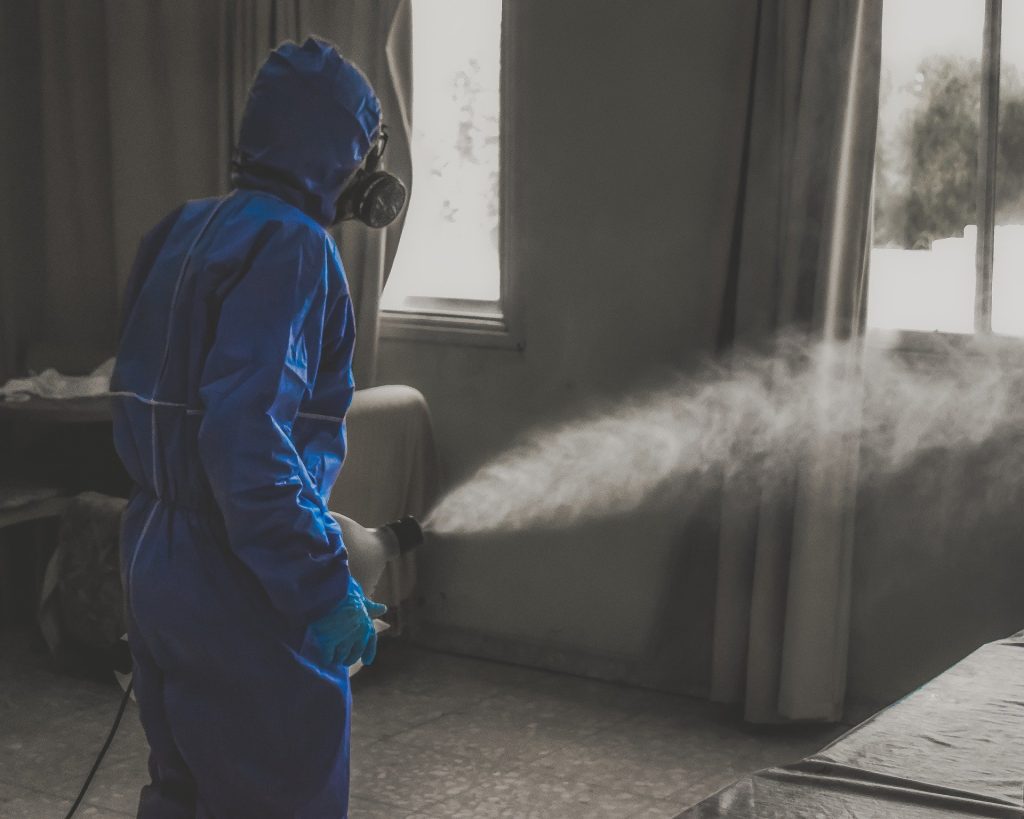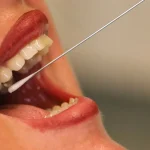As Poslovni Dnevnik writes, Krunoslav Capak stated on Thursday that Croatia currently has the most favourable epidemiological situation of all tourist countries in Europe, as well as of many other tourist countries globally. This has been reaffirmed by Croatia remaining orange on the ECDC’s latest corona map update.
“It’s very good news; no additional measures are being introduced for tourists leaving Croatia to return home, and if we do turn red, then additional measures can be introduced, including quarantine,” Krunoslav Capak told Dnevnik Nova TV.
He reported that no additional measures are being planned so far, and the existing ones will be extended until September the 15th, 2021.
“Now we have a slightly worse situation than we did at the same time last year, and the fourth wave started earlier than last year. Our expectations are that, given that we have more than 50 percent of the population vaccinated, it won’t be such big growth and it won’t last long,” he added.
He noted that covid certificates have been introduced for gatherings of more than fifty people in Dalmatian and coastal counties and for a hundred people in continental counties, adding that they haven’t yet considered introducing them for shopping centres, restaurants and cafes, although this option remains open and all is applicable in some European countries.
Consideration is also being given to using the certificates for the healthcare system and the social security system. Because, as Krunoslav Capak stated, it is important that when it comes to healthcare system, both patients and staff should try to avoid potentially infecting each other if possible.
“The use of covid certificates is tremendously important here, and we’d prefer everyone to be vaccinated,” he pointed out.
“In some EU countries where covid certificates have been introduced, testing restrictions for asymptomatic people are being considered, so this will be one of the mechanisms in Croatia. We didn’t definitely agree on when that would put put into practice,” he said.
When asked about the vaccination of children, Krunoslav Capak noted that they support the vaccination of children aged 12 to 18, especially those with chronic underlying diseases where the risk of a severe form of the disease should it be contracted be higher.
“Now we’re talking about it and stimulating the vaccination of children in their final grades of high school, and then high schools in which, due to the nature of the type of education they conduct, there is contact with more people,” he added. He also invited every other child who wanted to, to come to receive the vaccination together with their parents.
Krunoslav Capak says the idea of a third dose of the vaccine is being discussed intensively, and Europe’s position is rather conservative on the issue – most EU countries believe there is still a long way to go before we should need to start talking about that.
“So far, we don’t have the infrastructure in place for that, nor the possibility to record the third dose, and we’re also working on that. We epidemiologists will agree on which vulnerable groups we’ll start giving the third dose too first,” he stressed.
For all you need to know about coronavirus specific to Croatia, make sure to bookmark our dedicated section and select your preferred language.











